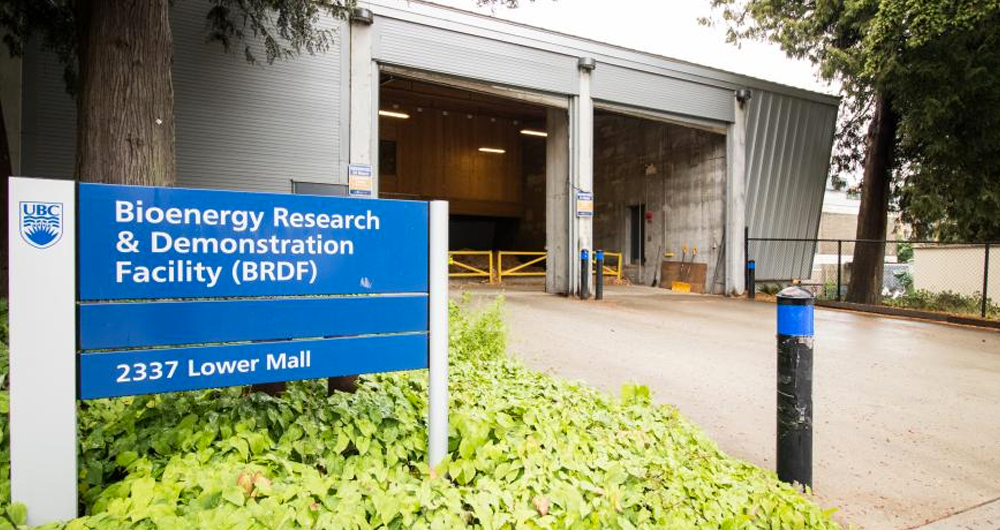Climate Action Plan 2030
The UBC Climate Action Plan 2030 (CAP 2030) puts the university on an accelerated path to net zero emissions for buildings and energy supply as well as to significantly reduce greenhouse gas emissions for extended impact areas over the next 15 years.
Visit the CAP 2030 website to learn more about the plan for the Vancouver campus.
Visit the UBC Okanagan CAP 2030 website to learn about their plan.
Climate Action Plan 2020
Download the Climate Action Plan
In 2010, UBC’s Board of Governors approved the UBC Climate Action Plan (CAP), which provided a pathway to net zero emissions from the Vancouver campus by 2050. CAP 2020 was a subsequent update to the Climate Action Plan. Approved in 2016, the plan selected technologies to achieve significant short term reductions, primarily via an expansion of the Bio-energy Research and Demonstration Facility.

